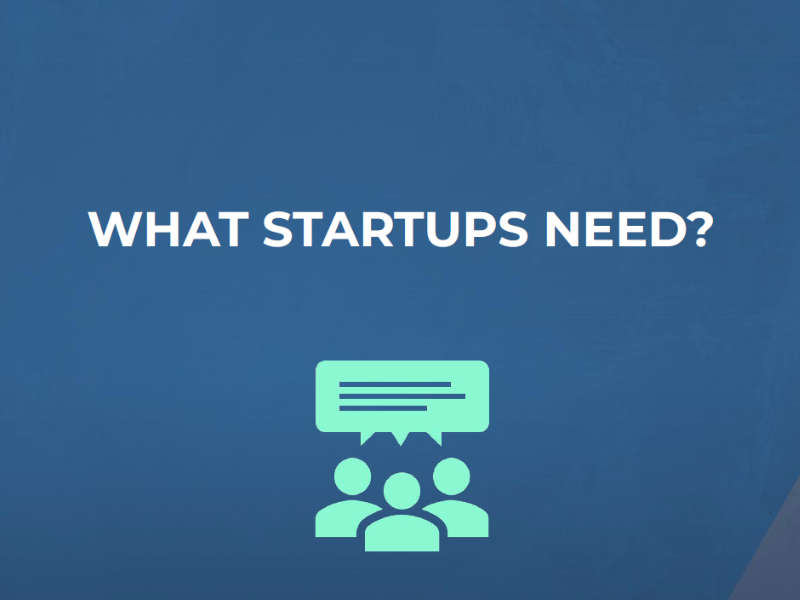EPICENTRE: How Startups Grow, Insights from EPICENTRE on Navigating the Startup Journey

Startups face a complex journey, from validating an idea to scaling operations and forming partnerships. Each stage requires a different kind of support—and too often, early ventures don’t get what they truly need.
At the EPICENTRE Final Gala in Naples, Albert Rivero of Worsley Acceleration Services highlighted how startups can thrive when supported with tailored resources and expert guidance. His talk, “Unlocking Startups’ Potential with Tailored Academy Support,” outlines a roadmap for startup success through programs like EPICENTRE Academy.
Understanding Startup Needs by Stage
Early-stage startups need:
- Initial funding
- Mentorship and strategic guidance
- MVP (Minimum Viable Product) development
- Networking and community engagement
Growth-stage startups require:
- Series A/B/C fundraising strategy
- Market validation and pilot programs
- Corporate partnerships and brand building
- Governance structures and team scaling
This evolution means startup support must be flexible, structured, and closely aligned with real-world challenges.
The EPICENTRE Program: A Model for Support
Funded by the European Union, the EPICENTRE Program provides exactly this kind of tailored assistance—especially in green and digital sectors. It fosters partnerships between SMEs and corporates, aiming to build resilient industrial ecosystems in Europe.
The EPICENTRE Academy is structured into three key phases:
1. LAUNCH Phase – Laying the Foundation
Includes:
- Lean Startup Workshops
- Expert mentorship to address common failure points
- Tools for effective pitching, like the DICA Method by Sílvia Bueso:
- D – Wake Up the Zombie (grab attention)
- I – Impact the Zombie (evoke emotion)
- C – Tell a Story (combine logic and emotion)
- A – Authenticity (be real, close strong)
2. SUSTAIN Phase – Building Soft Skills for Longevity
Covers:
- Communication, emotional intelligence, leadership
- Resilience, adaptability, stress management
- Public speaking and negotiation
3. DRIVE Phase – The Final Sprint
Focuses on:
- Scaling operations with systems and culture
- Financing strategies and market entry
- Agile tools, OKRs, and long-term team design
Conclusion
Startups don't just need money—they need mentorship, structure, and community. Programs like EPICENTRE show what’s possible when the right support is delivered at the right time.
If you’re building or backing a startup, remember: growth is a process, not an accident!